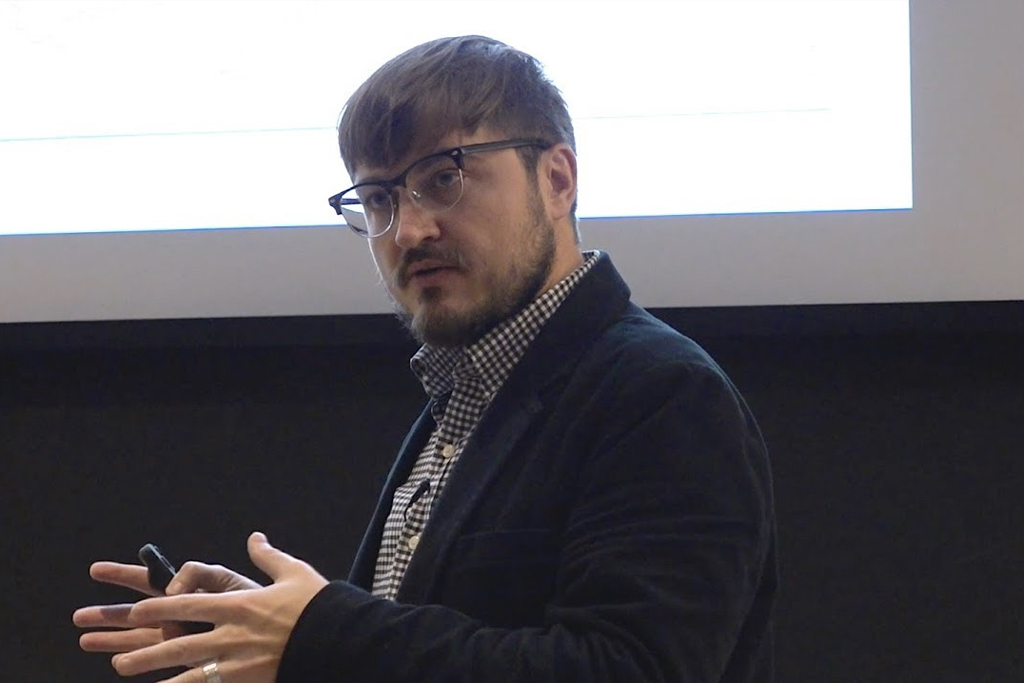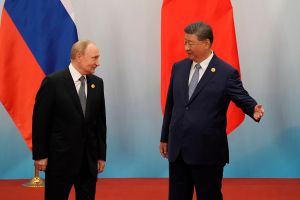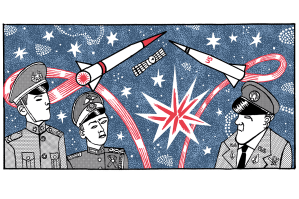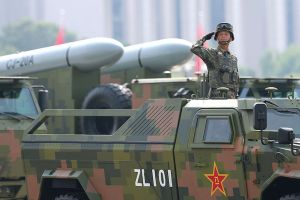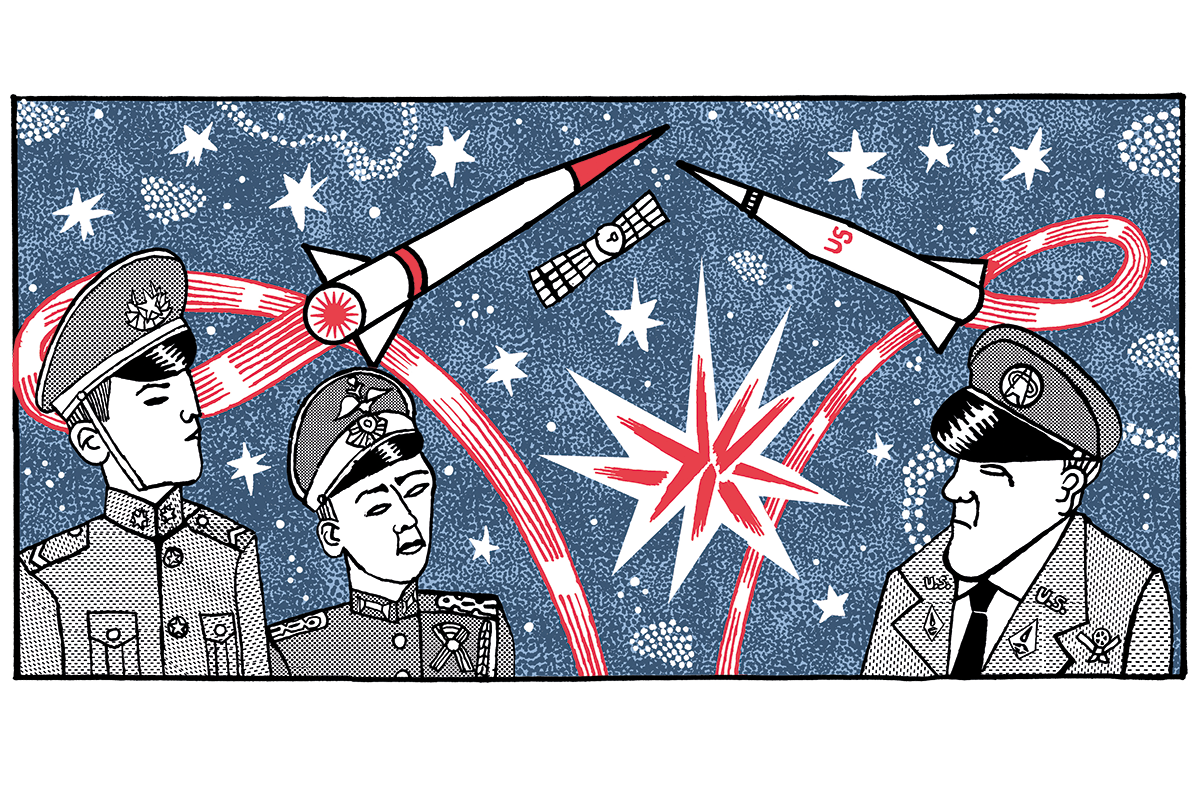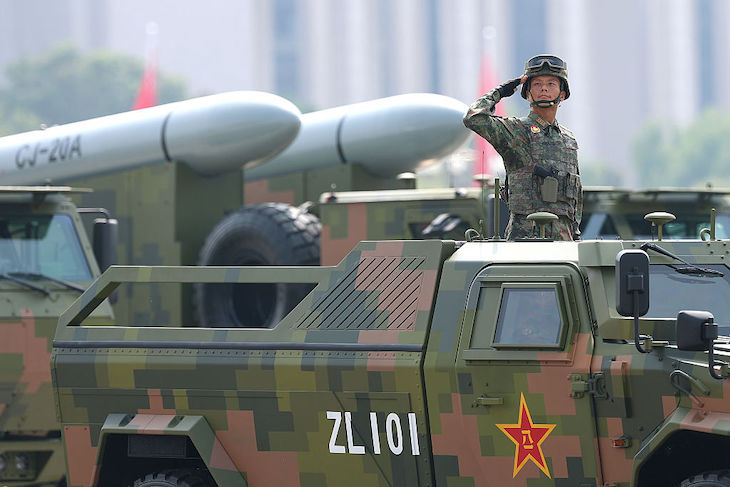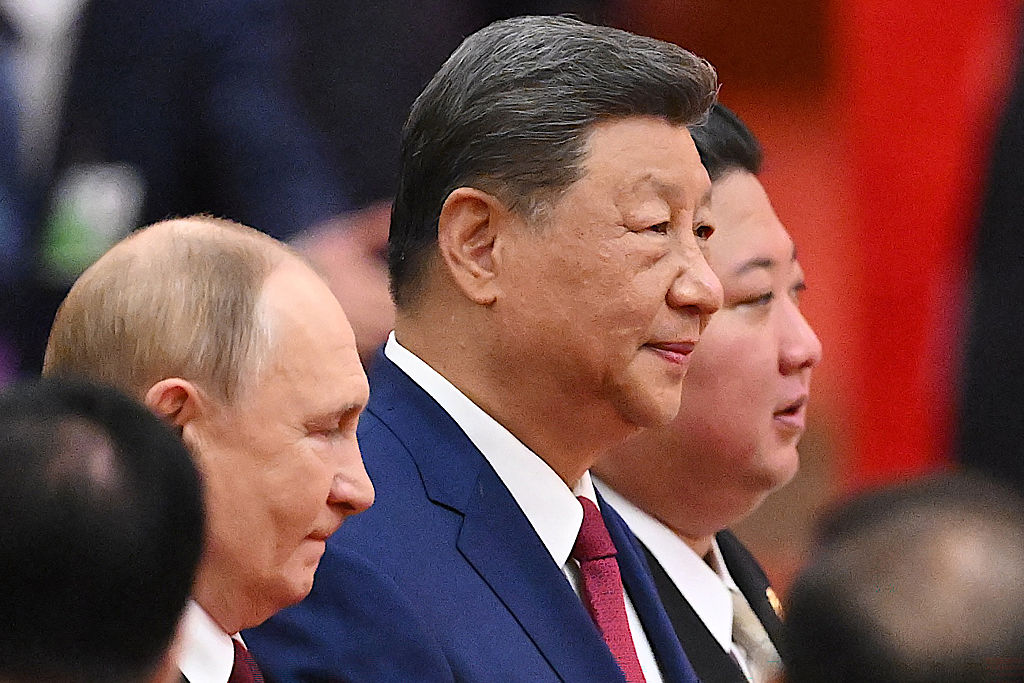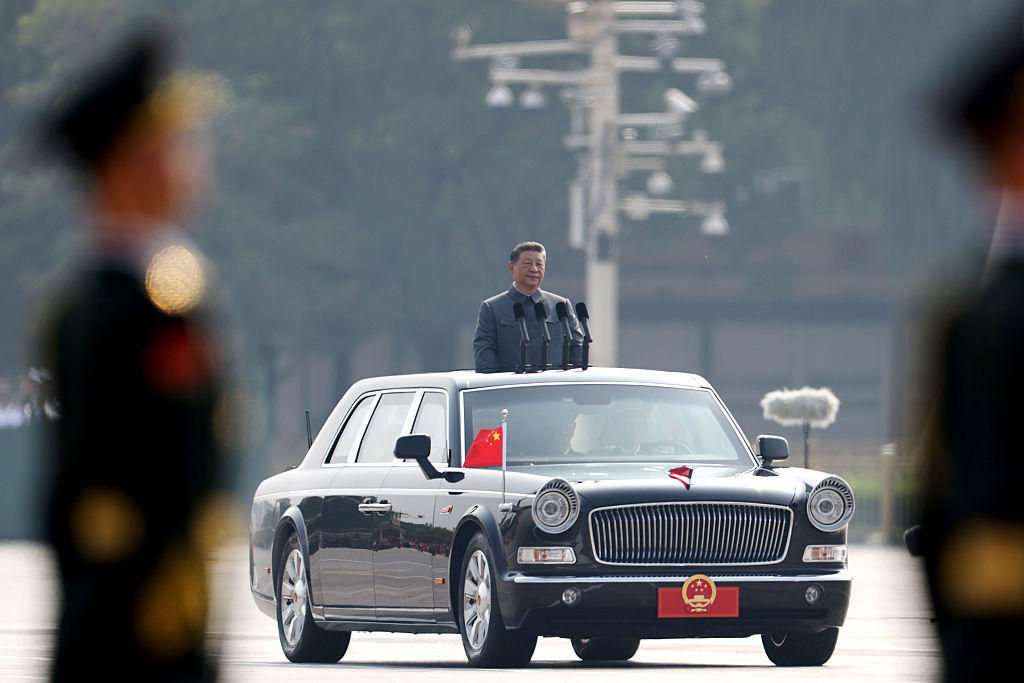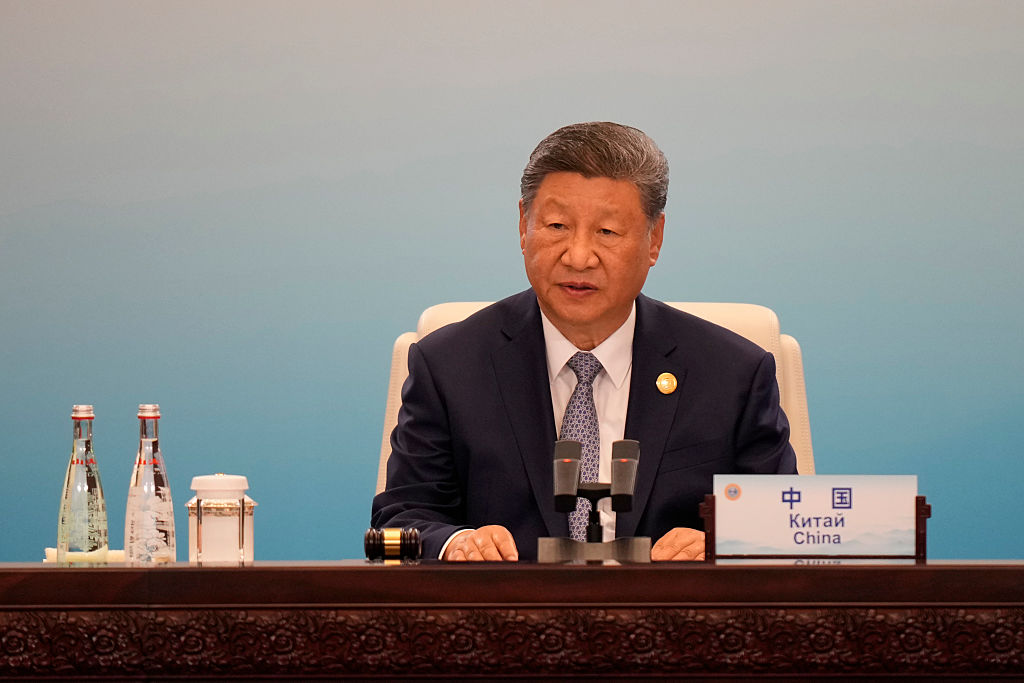‘After I testified in front of the Canadian House of Commons, the Chinese government might have put me in a different “category” on their blacklist,’ Darren Byler said with a smile on his face. ‘I possibly became an enemy of the state.’
Byler is a lecturer in the department of anthropology at the University of Washington. He’s an avid mountain climber, a Uighur poetry and literature enthusiast, and an advocate for Uighur rights in China.
Since 2017, the People’s Republic has interned as many as one million Uighurs, Kazahks, Kyrgyz, and other Muslim minorities in Xinjiang, the Uighur ‘autonomous region’ in northwestern China. Byler’s testimony, and the testimony of others, resulted in a Canadian government report condemning Chinese government’s treatment of Uighurs. The Canadian ambassador to China also led a group of ambassadors to demand to visit the internment camps. Since then, the Chinese state has offered diplomats guided tours of a few of the camps and has begun to shift the camp system to factory training.
Byler has been researching the Uighur community and the Xinjiang region in China for the past 15 years. His first deep impression of Ürümchi, the capital of Xinjiang, was not the political turmoil but the multicultural artistic heritage and vibrant street life. Fascinated by the city after visiting as an undergraduate student studying photography in 2003, Byler has returned many times in the past 15 years to study language and conduct fieldwork, including two year-long trips with his partner in 2011 and 2014.
Since 2018, Byler hasn’t traveled to Xinjiang after the Chinese government started mass surveillance in the region, primarily because of personal safety concerns. But he has since then been speaking up for what’s happening to the innocents in Xinjiang who can’t have a voice for themselves, addressing everyone from AI developers at Google and business leaders at the Washington State China Relations Council to journalists at the Foreign Correspondents’ Club in Beijing.
The professor has had many memorable experiences on his grueling journey of advocating for Uighurs rights over the past few years, especially since the Chinese government’s treatment of Uighurs in Xinjiang became more severe. One of the most important ones is hearing students, especially those from China, ask how they could get involved.
‘They want to know if I have projects they can help with to translate and document what the Chinese state is doing to Uighurs,’ Byler said. ‘Many of them feel personally invested in this kind of work, because they feel like Chinese authorities are conducting this campaign against Uighurs in their name.’
Currently, Byler is working with a coalition of scholars and activists at the University of British Columbia and Simon Fraser University to build a Xinjiang Documentation Project.
The professor expects his future will continue to include both scholarship and advocacy. For him, the two are deeply connected, just as art and politics connect for anyone seeking to understand both inner life and outer tumult.
‘No matter where we are in the story of our lives and the communities we are involved in we should always be engaged in helping those in need. We need to grieve when others are hurting and stand up for those who are suffering.
‘This is one of the most serious violations of human rights in this century, so it is important that people everywhere in the world are aware of it and willing to take a stand against it.’



